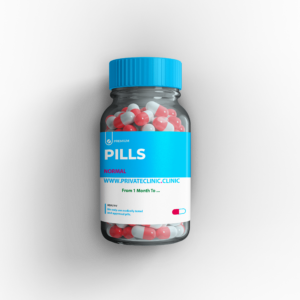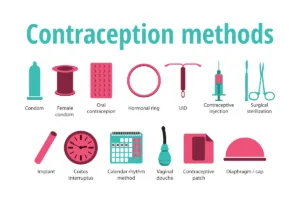B@a Womens Clinic
Safe, private abortion care-
no clinic visit needed
We’re B@a Womens Clinic 👋 your safe space for reproductive and sexual health care, including FDA-approved abortion pills, from the comfort and convenience of your phone.
In-Person Services Offered
Abortion Pill (Medication Abortion)
through 0 weeks, 0 days
- Effective method to end a pregnancy through 13 weeks
- Offered at this provider through 6 weeks, 0 days from the first day of your last period
Our expert team is here for you—before, during, and after treatment
As the first and most-trusted virtual abortion clinic in the south africa, we believe that everyone deserves access to compassionate, high-quality care. Get affordable abortion pills without the wait, and on-demand support from our Clinical team throughout treatment.
Women & Teens Healthcare is dedicated to achieving excellence by
providing a comprehensive range of services to all women. From the
moment you step in, you’ll experience a warm welcome and a genuine
commitment to making you feel not just cared for, but truly valued –
because you are our top priority! B@a Womens Clinic
B@a Womens Clinic
Why Choose Us?
Fair and Affordable Healthcare
Our approach at Women & Teens Healthcare is all about empowering you to take charge of your own body. We guide and educate you to make informed decisions, fostering a sense of empowerment. Your treatments are handled with the utmost confidentiality and privacy. Our website serves as a valuable, free resource, offering high-quality information tailored to resonate with the needs of women and teens in today’s society. With convenient hours from 9am to 5pm on weekdays and 9 am to 1pm on Saturdays, including walk-ins, we prioritize accessibility for personalized and expert care at every stage of a woman’s journey.








